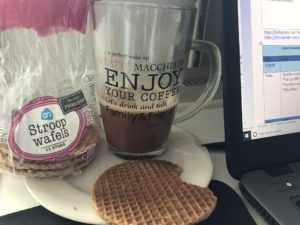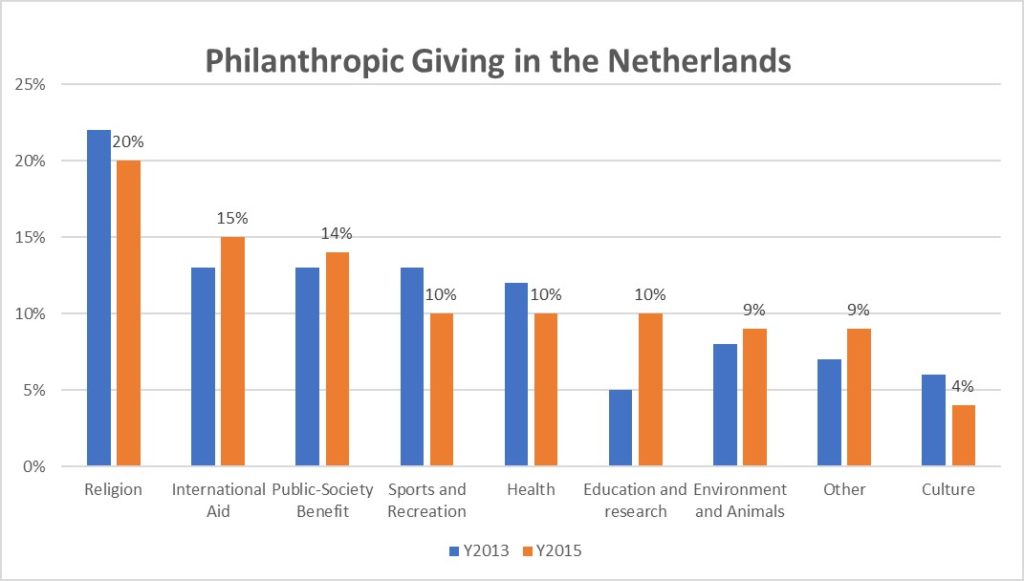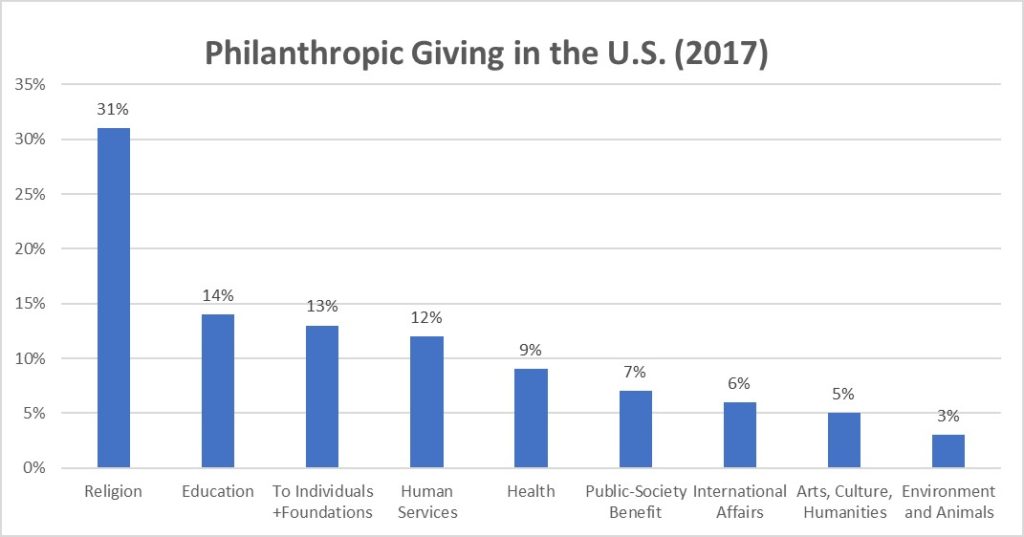
At the birth of The Great Recession in the U.S. in 2007, I embarked on a quest to create a lifestyle that would provide me with the freedom to travel for extended periods of time. The internet was wide open and the possibility of a free-roaming lifestyle seemed feasible.
Fast forward to today, and while I do travel widely, it’s not the utopian free-for-all I initially imagined. In May of this year I have been living and working in Amsterdam in the Netherlands.
Way back in 2007, it vexed me that NGOs were averse to telecommuting arrangements and the rigid time clock of the typical job exacerbated my health issues. I loved solving the mysteries of prospects and crafting the prose of profiles. Going solo as a consultant felt like a reasonable solution. Worst case scenario was that I would fail and have to find a job.
Initially it was terrifying! But I was fortunate to land a client on the first day I was officially self-employed. I continue to serve them to this day. I did sub-contracting work, too. I barely paid my bills, but it was a start. And in 2008, my husband and I moved to Prague in the Czech Republic for five months.
These days we still rent an apartment and travel far away once a year, but only for a month. Renting an apartment means we get to live in a neighborhood, cook meals in our kitchen, and acclimate to life in a foreign city. We buy public transit passes, learn where and how to recycle and throw away garbage, and depending upon our language skills, get to know some of the locals.
Sounds great, right? It is! But maybe not quite in the way people initially assume.
First, there is the double-edged sword of money.
When I first became a consultant, I had more time than money. I had energy in abundance to roam around a new city, immerse myself, and enjoy it. Trying to decode the Czech language in the grocery store, restaurant menu, public transportation – well everywhere – was fun and interesting.
But as my business has grown over the years it consumes a great deal more of my energy and my time. My first week in Amsterdam this year was spent working long days on my laptop in a cramped space because of an unexpected surge in tight-deadline work orders. Trying to figure out which carton is milk vs. cream in the grocery store becomes a lot less fun under those circumstances!
Second, the internet is no longer open. It has guarded country borders.
Technology makes my lifestyle possible, but as the internet has matured, it has become increasingly difficult to perform my work in another country. It’s a crazy see-saw!
I remember the first year that my trusty VOIP phone connection failed in Prague. I set everything up and when I tried to login to my account online I couldn’t – the page would not load. Calling via Skype I learned that they did not operate outside of the U.S.
Google now fails me nearly entirely when trying to perform searches on a foreign server. I’ve opted to use a VPN connection, but that means that I am requested to prove that I am human over and over again. And not just from Google, but my bank, and my subscription tools and other accounts.
Especially with the rise of GDPR in the EU, if I don’t use a VPN, many innocuous websites in the U.S. simply will not load. The country borders online have become walled gardens. I’m certain the VPN “hole-in-wall” will be plugged soon.
Nevertheless, I still find it exhilarating to live temporarily in a foreign country.
Living and working somewhere else takes me out of everything I take for granted. I am deliberately putting myself in situations that are way out of my comfort zone. It’s exhausting sometimes, but it changes my perspective. I get to view my life and my work from new angles.
I love to work. And having flexible work hours is a dream come true, but I need to balance myself. Trying to structure my days to take advantage of festivals and arts and culture in Amsterdam helps me question my choices about work.
Being able to spend an entire month in Amsterdam also means I’ve been able to schedule two meetings with local NGOs to learn about their work in the Netherlands and to share fascinating conversation about their views on fundraising. I am continually reminded how humanity is the same the world over as well as how the differences in philanthropic cultures can deeply affect relationship building, which is the crux of fundraising.
As a result of those meetings, I learned about a fantastic resource, the Center of Philanthropic Studies at the VU University Amsterdam. They perform research and provide education in the philanthropic sector.
Following is information about which philanthropic sectors receive the most giving. Enjoy a bit of the Netherlands!

